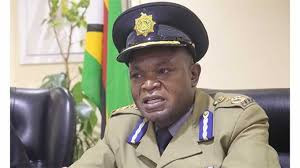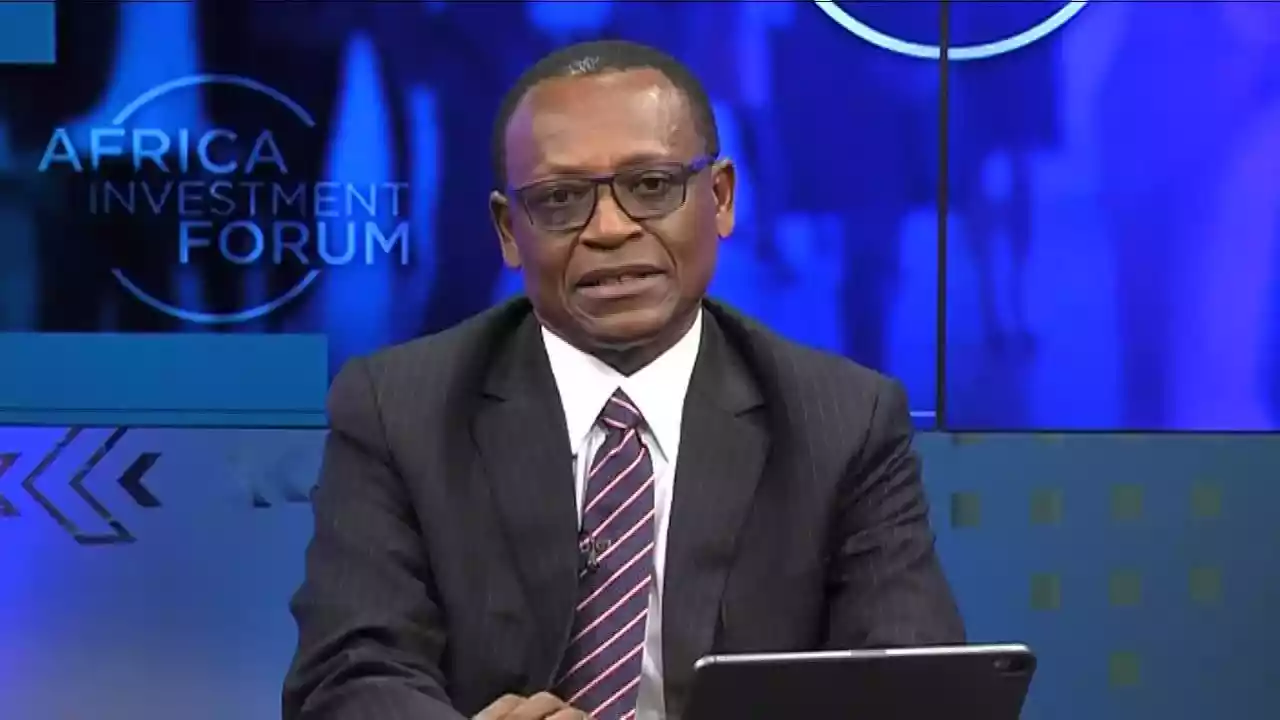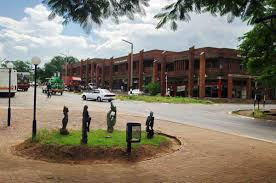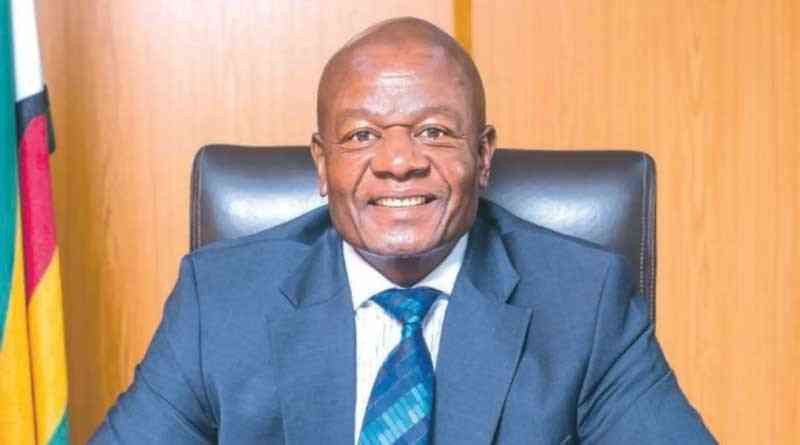The Harare City Council has started a programme to regularise residential stands in Harare’s Hopely area in a move that will give reprieve to over 1 500 families illegally settled in the area.
Harare City Council public relations manager Stanley Gama said Hopely in Harare South would be among the many residential areas that would be regularised.
“Hopely is Harare City Council land and we are in the process of regularising it,” Gama said.
“It’s a comprehensive process where we look at those people who are settled on wetlands, stands meant for schools, hospitals, industries, among others, to be removed to pave way for such developments.
“Others are settled on areas where roads, power and sewer lines are to be developed and they should be removed to pave way for such developments.”
Most residents in Hopely were settled illegally by Zanu PF as a way of boosting its votes in past elections.
Keep Reading
- Harare cancels Pomona waste deal
- Devolution gains remain a mirage
- Harare cancels Pomona waste deal
- Pomona saga: Harare handed shock US$750k ‘garbage’ bill
They have no government leases or title deeds and ahead of the August 23 and 24 elections, President Emmerson Mnangagwa’s government promised to regularised their stay, together with other areas like Epworth.
Harare South MP Trymore Kanopula said regularising Hopely was part of his 100-day plan.
“We are working with council to regularise the residents’ stay,” Kanopula said.
“This is the only way I can say thank you to the people who voted for me.”
He said about 1 500 families in Hopely would benefit from the regularisation process.
Kanopula is also assisting Stoneridge residents to access government leases and 300 families have so far benefited from the process.
Government leases have been prepared for Stoneridge and 300 families have benefited so far.
The long term plan, Kanopula said, is to have all residents in Harare South get title deeds.
As part of his 100-day plan, Kanopula has connected 500 families from Istone, near Pungwe Chimurenga Housing Cooperative in Harare South to the national power grid.
Five hundred more are set to be connected during the 100 days.





